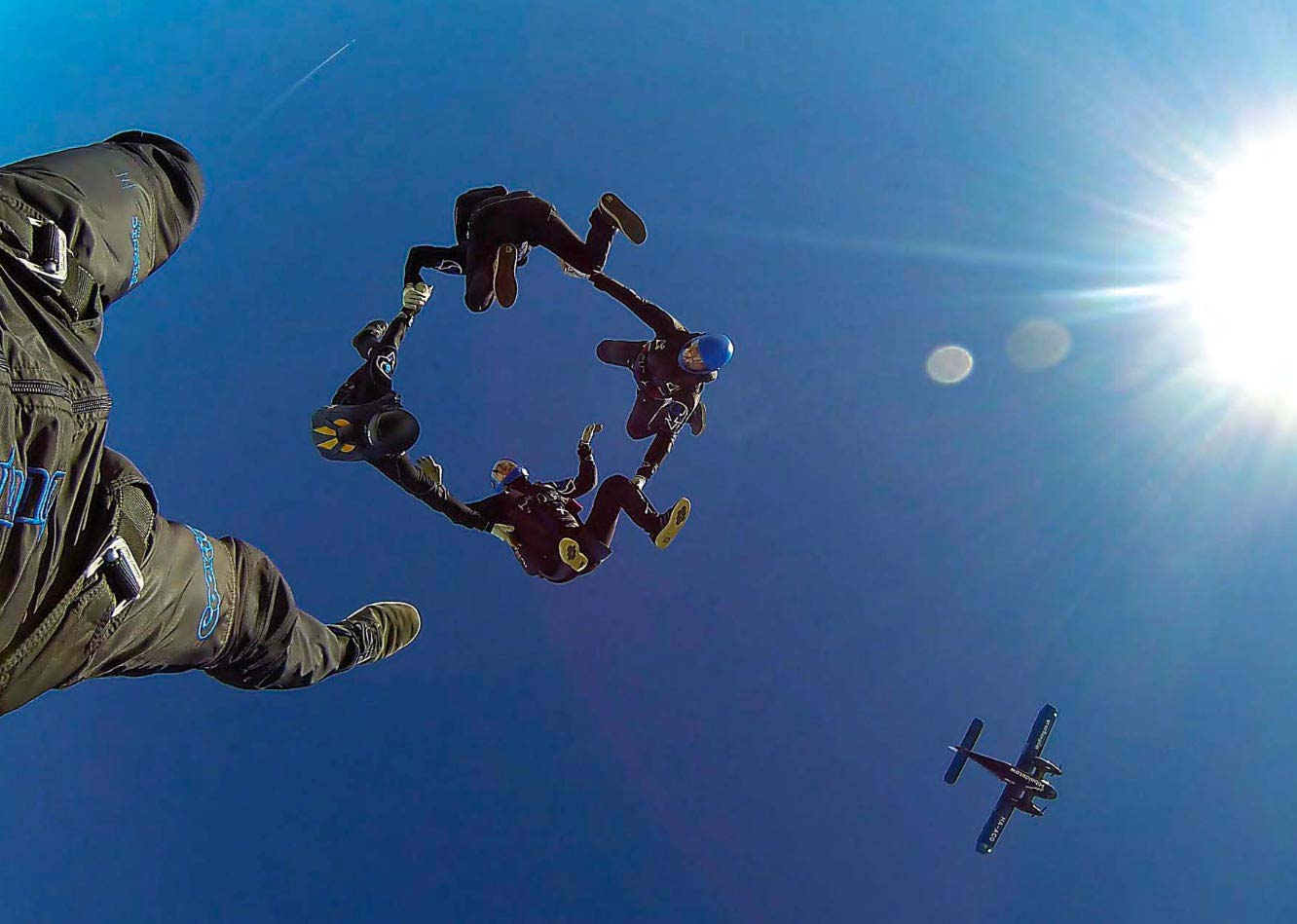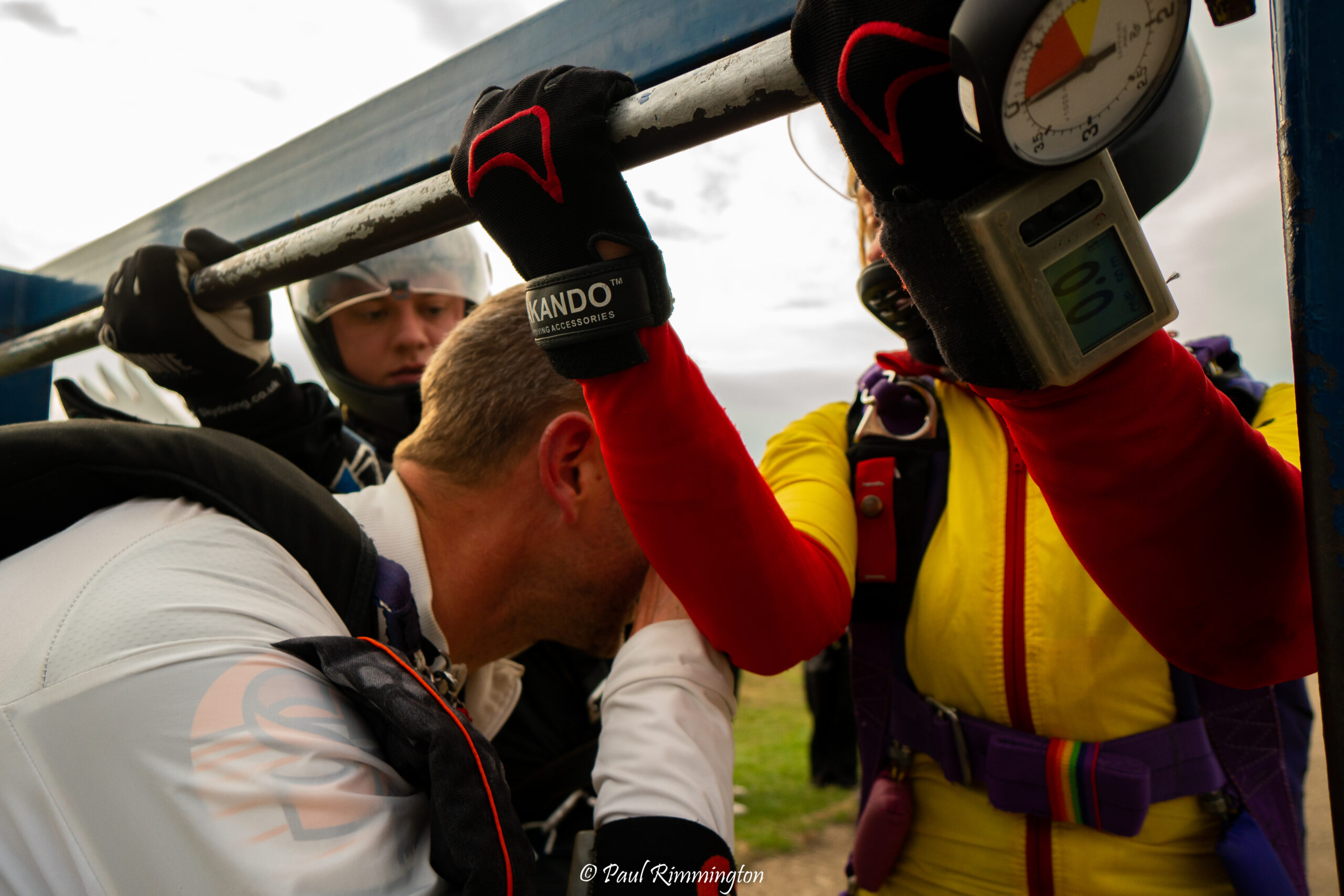Awards
Learn To Skydive
Competitions
British National Championships
Annual event that brings together skydivers from across the UK to compete in various disciplines such as formation skydiving, freefly, freestyle, and canopy piloting.
Learn More 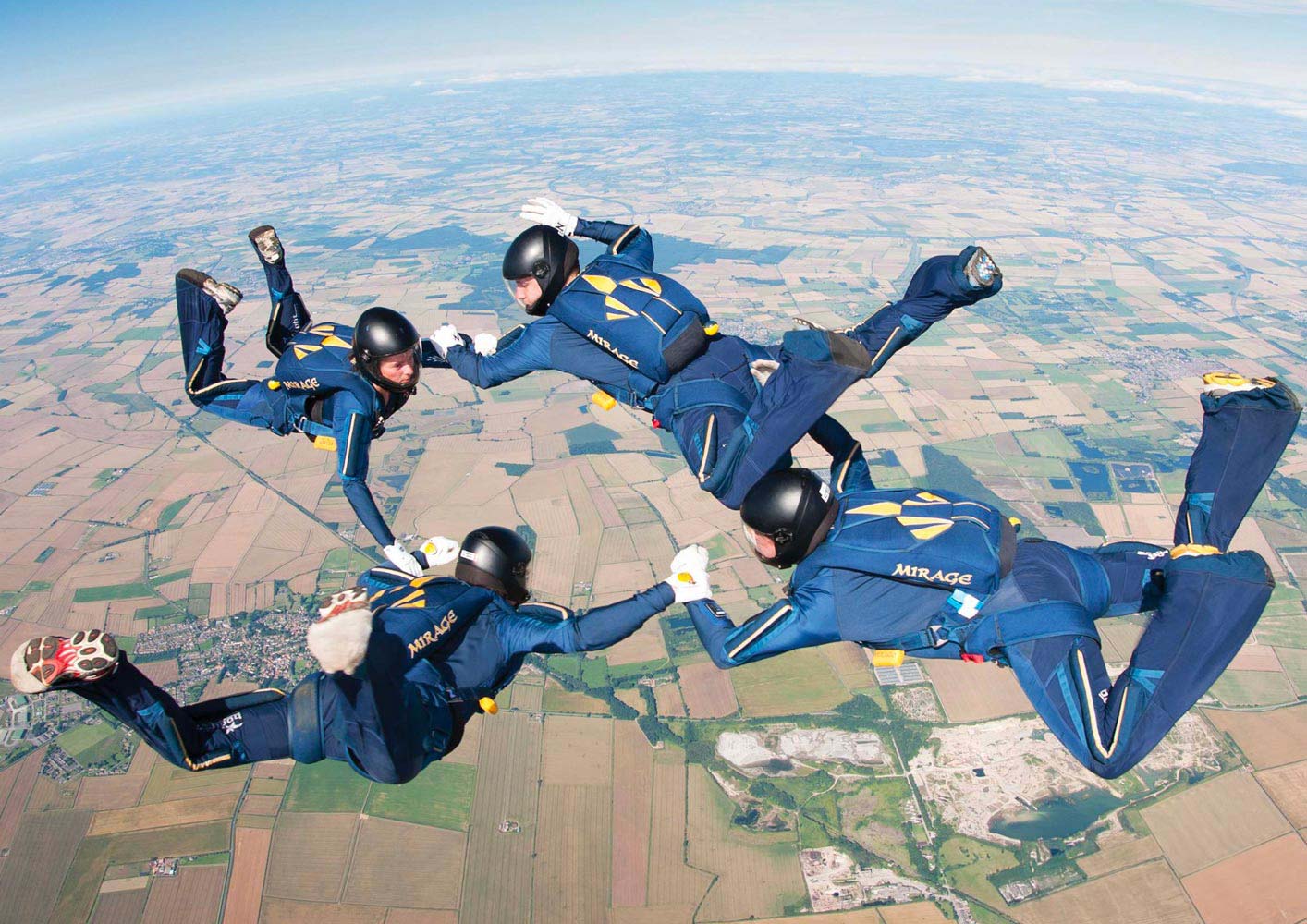
UKSL & Grand Prix
A series of competitive events held throughout the UK that brings together skydivers of all skill levels to compete in various disciplines, including formation skydiving, freefly, and artistic events
Learn More 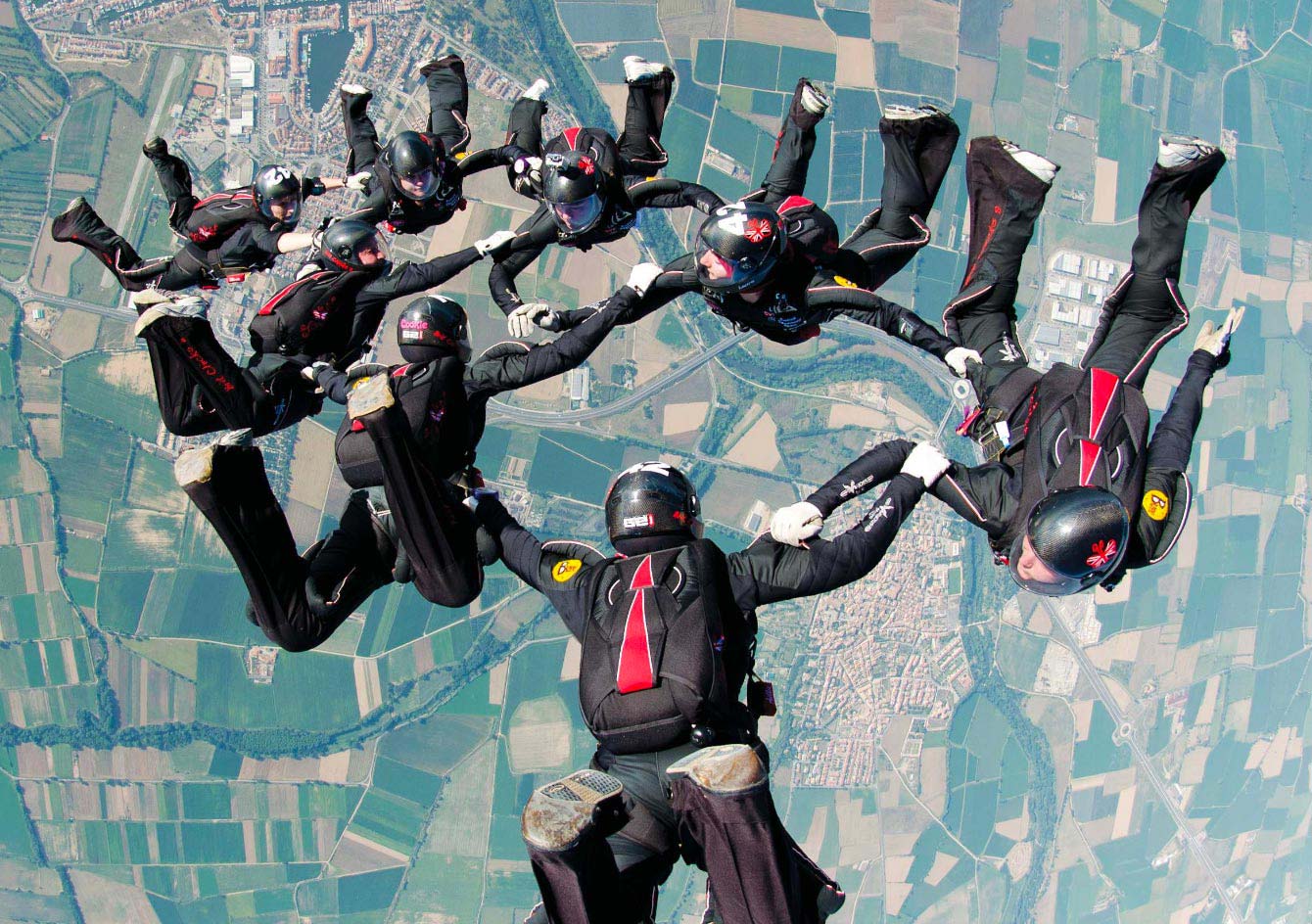
World Championships
A premier international skydiving event organised by the Fédération Aéronautique Internationale (FAI), bringing together top skydivers from around the globe to compete.
Learn More 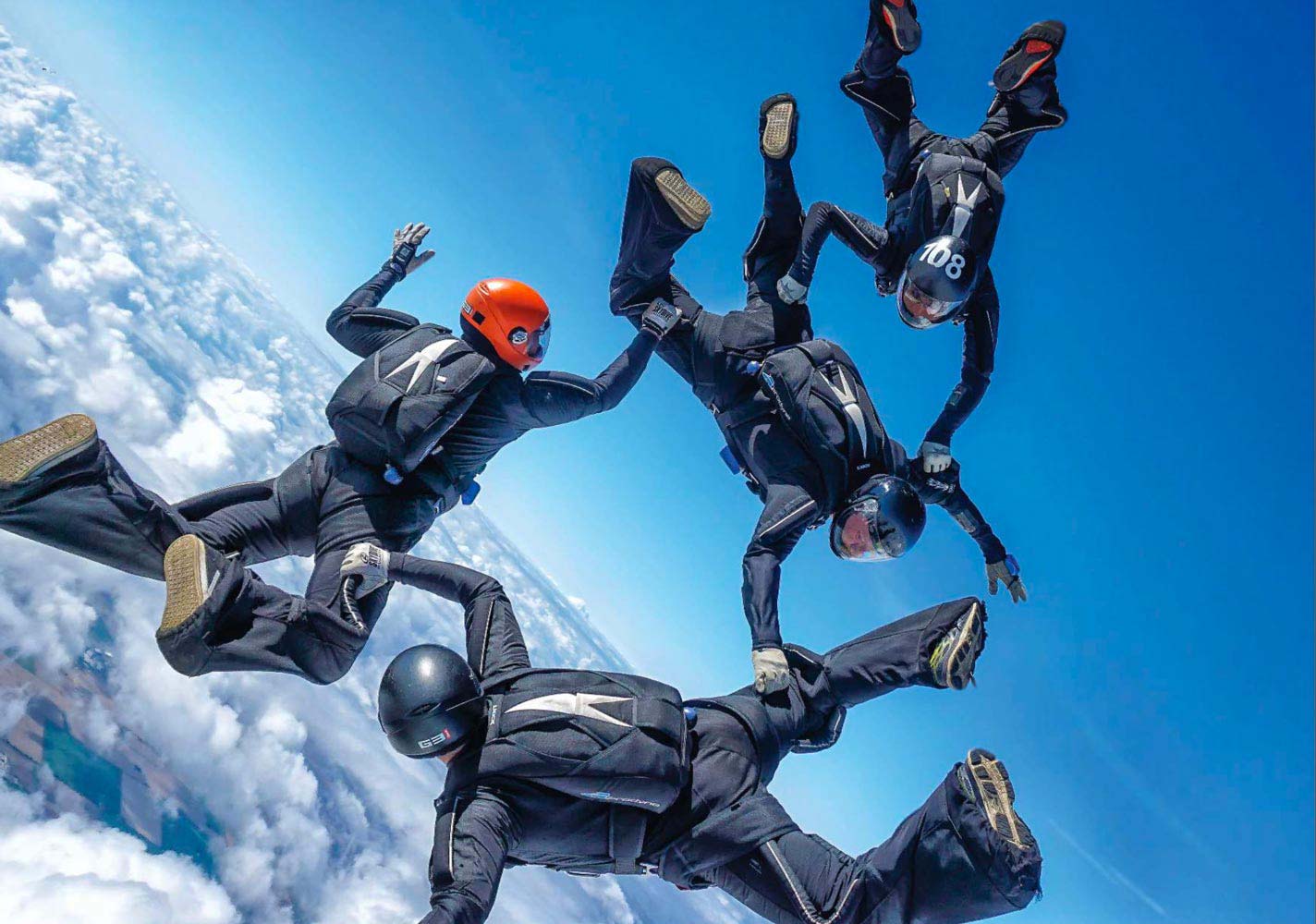
Skydiving World Cups
A series of international skydiving competitions sanctioned by FAI, featuring multiple events where skydivers from different countries compete individually or as part of national teams.
Learn More 